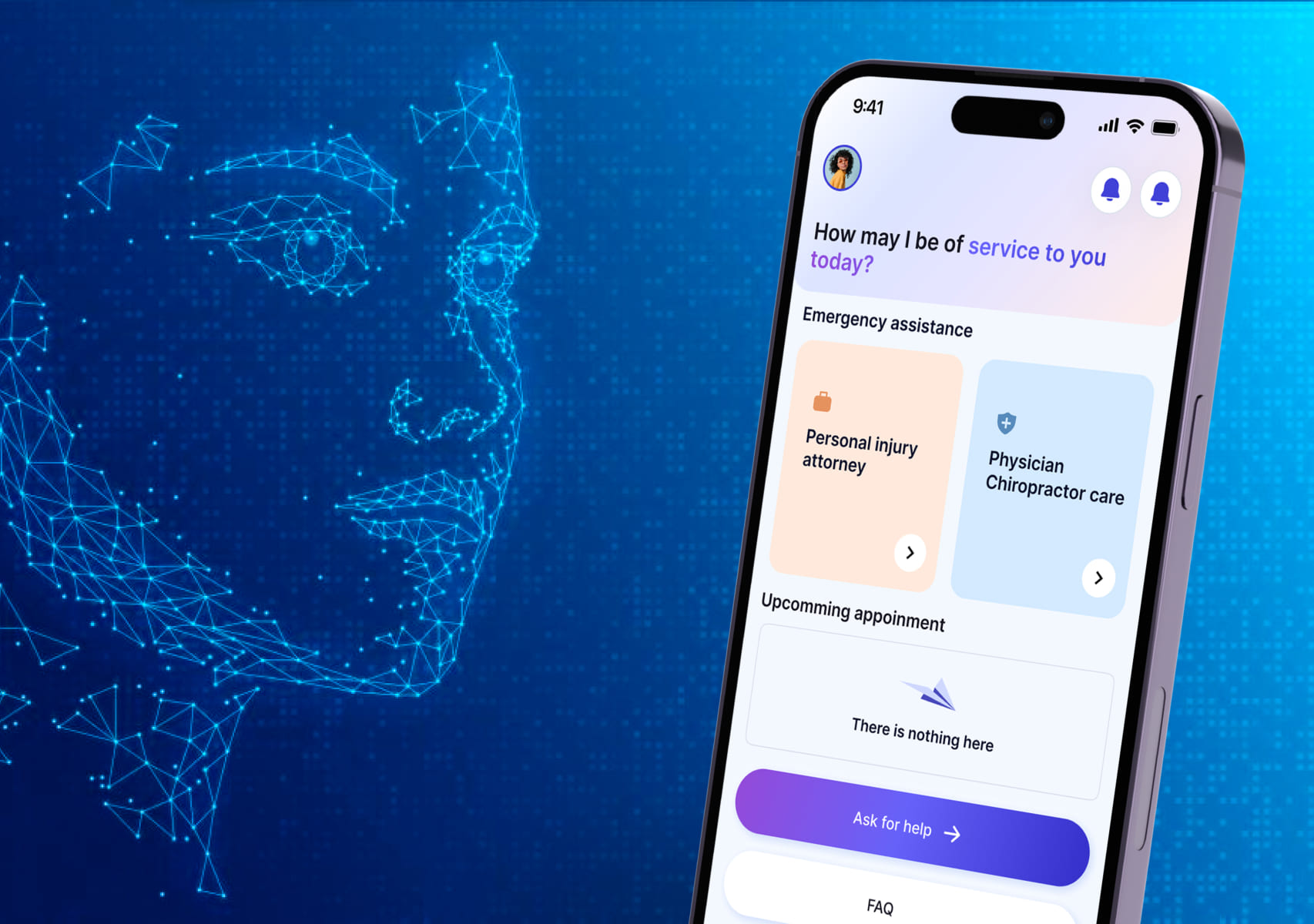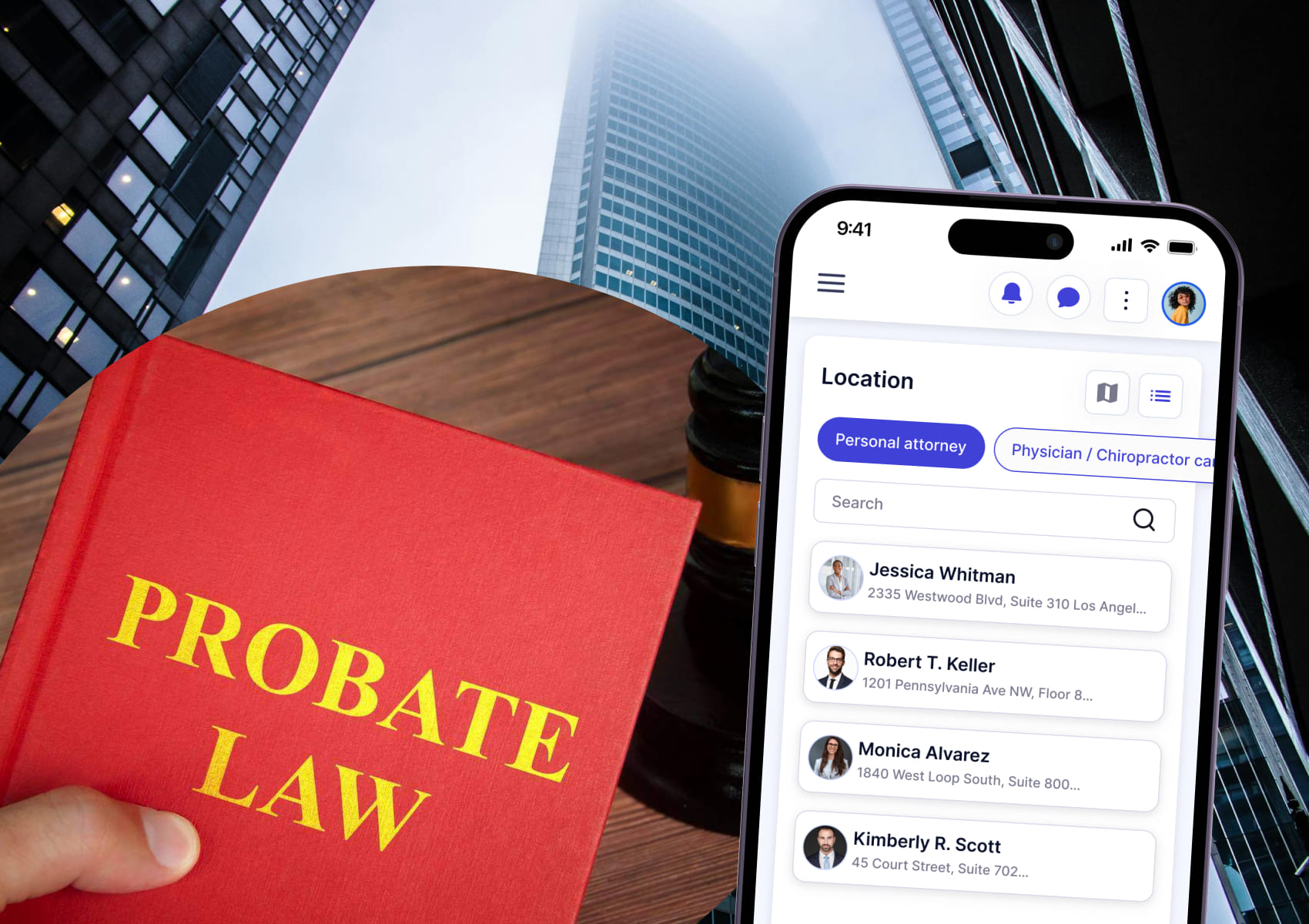How virtual legal assistant works: Streamline your law firm’s efficiency and tasks

In the fast-paced world of legal practice, staying ahead of the curve means leveraging technology to streamline tasks and boost productivity. A virtual legal assistant (VLA) is one such innovation that is transforming how law firms manage administrative work, client communication, and case organization. As firms juggle multiple cases, clients, and deadlines, virtual legal assistants are helping to manage workflows more efficiently and cost-effectively.
This article will explore the benefits of using virtual legal assistants in law firms and explain how virtual legal assistants work. We’ll also delve into how to become one, the services they provide, and why law firms should consider integrating virtual assistants into their operations.
What is legal virtual assistant?
A legal virtual assistant is a remote professional or AI-powered tool that helps law firms with a wide range of legal and administrative tasks. Unlike in-house paralegals or assistants, VLAs work remotely, providing support through cloud-based tools, email, and phone communication. They can be either human professionals or AI systems designed specifically to assist law firms.
Human virtual legal assistants generally perform routine tasks such as scheduling meetings, drafting documents, and conducting research, while AI-based legal assistants offer automation capabilities, legal research, and document generation. Virtual legal assistants play a key role in optimizing a firm’s workflow by taking care of repetitive and time-consuming tasks that distract lawyers from focusing on more pressing legal matters.
Some core responsibilities of legal virtual assistants include:
- Managing case files
- Drafting legal documents
- Conducting legal research
- Communicating with clients
- Handling billing and invoicing
- Scheduling appointments and meetings
By outsourcing these tasks to virtual assistants, law firms can reduce overhead costs, improve task management, and enhance overall efficiency.
How virtual legal assistant works
Virtual legal assistants work as remote, cloud-based support, and their duties may vary depending on the firm’s needs. Here’s an overview of how virtual legal assistants work:
- Remote task management: VLAs can manage day-to-day tasks, such as organizing documents, tracking deadlines, and scheduling meetings. They use cloud-based tools to collaborate with the law firm, ensuring seamless communication and task execution.
- Automation of routine tasks: AI-driven VLAs are capable of automating routine legal processes like document drafting, time tracking, and even legal research. By using predefined templates, these assistants can generate accurate legal documents, reducing the need for manual input.
- Legal research: AI-powered virtual assistants can comb through legal databases to find relevant case law, statutes, and precedents that apply to ongoing cases. They assist lawyers in building stronger legal arguments by providing them with pertinent legal information faster.
- Billing and invoicing: VLAs can streamline billing processes by tracking billable hours, sending invoices, and following up on payments. This helps law firms maintain their financial health without dedicating in-house resources to manage billing.
- Document organization: For many law firms, document management is a time-consuming process. Virtual legal assistants can categorize, organize, and store important case files digitally, making them easily accessible whenever needed.
With the rise of cloud computing and AI, these assistants are becoming more sophisticated and are able to handle increasingly complex tasks, ultimately improving a law firm’s ability to scale its operations without needing additional staff.
How to become a virtual legal assistant
Becoming a virtual legal assistant can be a rewarding career path, particularly for those with a background in law or administrative support. Here are the steps to becoming a VLA:
- Education and training: While a formal legal education is not always required, having a strong foundation in legal terminology, procedures, and documentation is essential. Paralegal courses or legal assistant certifications can be a great way to gain the knowledge needed.
- Develop key skills: Virtual legal assistants need to have excellent organizational, communication, and time-management skills. Proficiency in office software, cloud platforms, and legal-specific tools (e.g., Clio, MyCase, or AI-based assistants) is critical for success.
- Gain experience: Start by working in a traditional legal assistant role to gain hands-on experience. Many VLAs transition from in-house legal assistant positions to virtual roles once they have built a solid foundation.
- Set up remote work infrastructure: As a VLA, you’ll need the right tools to work remotely, including a reliable computer, internet access, and software for video conferencing, document management, and time tracking. Familiarize yourself with cloud-based legal management tools to collaborate effectively with law firms.
- Market yourself: Once you’ve built up your skills, experience, and infrastructure, create a professional online presence. Use platforms like LinkedIn and freelancing sites (such as Upwork or Fiverr) to advertise your services. Consider creating a personal website where law firms can learn more about your offerings.
- Specialize: Offering specialized services, such as document drafting, legal research, or billing support, can help differentiate you from other virtual assistants. Having expertise in specific areas of law (e.g., personal injury, family law) can also make you more attractive to potential clients.
Virtual legal assistant services
Virtual legal assistant services cover a broad spectrum of legal and administrative tasks. Law firms can outsource various duties to VLAs, depending on their specific needs. Some of the most common legal virtual assistant services offered by virtual legal assistants include:
- Document drafting and proofreading: VLAs help draft standard legal documents such as contracts, agreements, and motions. They also proofread and edit these documents to ensure accuracy and compliance with legal standards.
- Case management: Virtual assistants organize and maintain case files, keeping track of important deadlines and court dates. They ensure that all case documents are properly stored and easily accessible.
- Client communication: VLAs can manage client intake by gathering initial case information, answering basic questions, and scheduling consultations with lawyers. This helps to maintain strong client communication without overwhelming the legal team.
- Legal research: Some virtual legal assistants perform in-depth legal research, finding relevant statutes, case law, and precedents. This service is particularly useful for law firms that handle complex cases or have a heavy workload.
- Billing and invoicing: VLAs streamline billing processes by tracking billable hours, generating invoices, and managing client payments. This ensures that law firms maintain accurate financial records and avoid late payments.
- Marketing and social media management: Some VLAs also offer marketing support, such as managing a firm’s social media accounts, creating blog posts, or handling email marketing campaigns.
By leveraging these services, law firms can reduce administrative burdens, allowing lawyers to focus more on legal strategy and client representation.
Why OwchBuddy is the best virtual legal assistant for law firms
If you’re a law firm looking to integrate a virtual legal assistant into your workflow, OwchBuddy offers the perfect solution. OwchBuddy combines advanced AI technology with user-friendly tools to help law firms streamline their operations and focus on delivering better legal services.
Here’s why OwchBuddy is the TOP virtual legal assistant for law firms:
- Tailored to law firms: OwchBuddy is designed specifically for legal professionals, offering tools and features that align with the unique needs of the legal industry. From document management to client communication, OwchBuddy handles it all.
- AI-driven efficiency: OwchBuddy uses AI to automate routine tasks like legal research, document drafting, and billing. This allows law firms to save time and reduce errors, all while improving client service.
- Cost-effective: Hiring a full-time legal assistant can be expensive, but with OwchBuddy, you get access to a comprehensive virtual assistant solution at a fraction of the cost. This makes it an ideal choice for small to medium-sized law firms looking to cut costs without sacrificing productivity.
- Scalable for growth: Whether you’re a solo practitioner or a growing firm, OwchBuddy scales with your needs. As your case load increases, OwchBuddy provides the support you need to manage more clients without hiring additional staff.
- Secure and compliant: OwchBuddy takes data security seriously, ensuring that all case files, communications, and sensitive client information are stored securely and in compliance with legal regulations.
Download OwchBuddy Today
Looking to take your law firm’s efficiency to the next level? Hire virtual legal assistant! Download OwchBuddy on Google Play or the App Store today and experience the benefits of an AI-powered virtual legal assistant. From reducing administrative burdens to automating routine legal tasks, OwchBuddy is your firm’s secret weapon for success.
Thank you for your comment
It will be published after moderation

 OwchBuddy
OwchBuddy







Comments 0